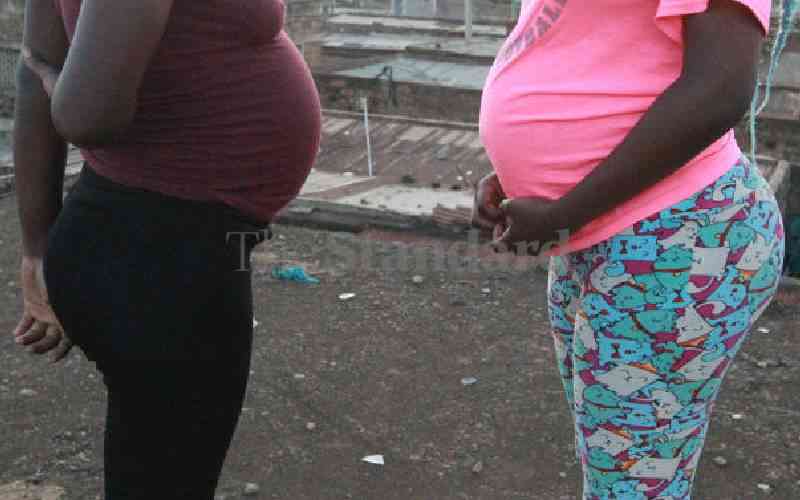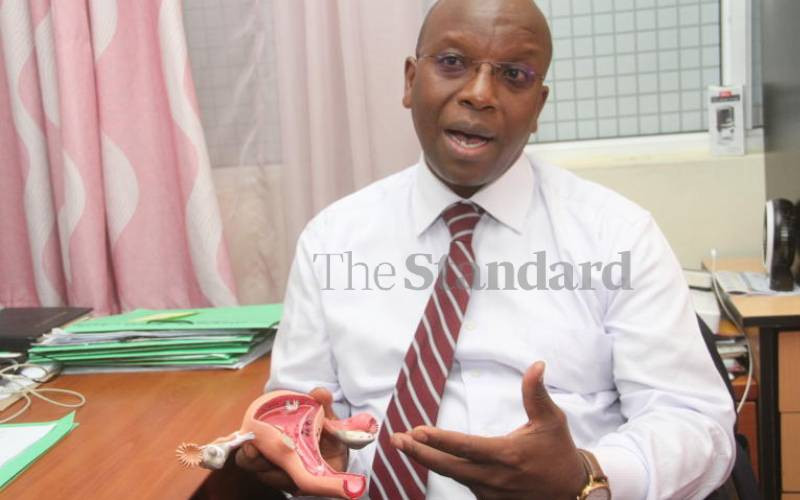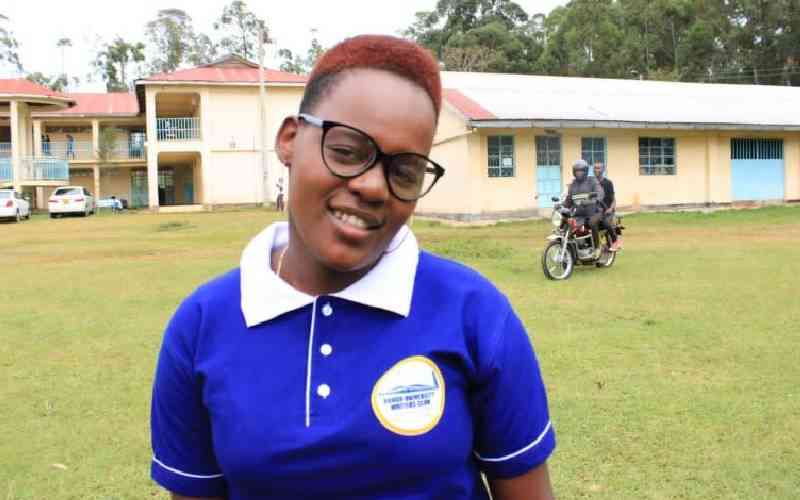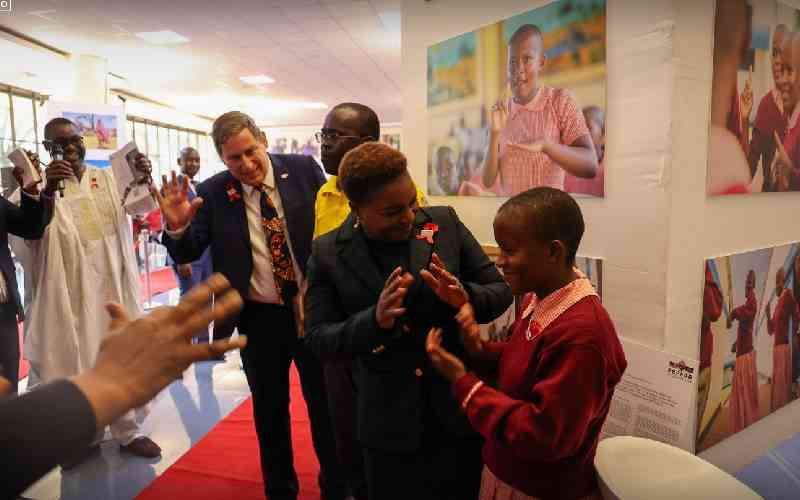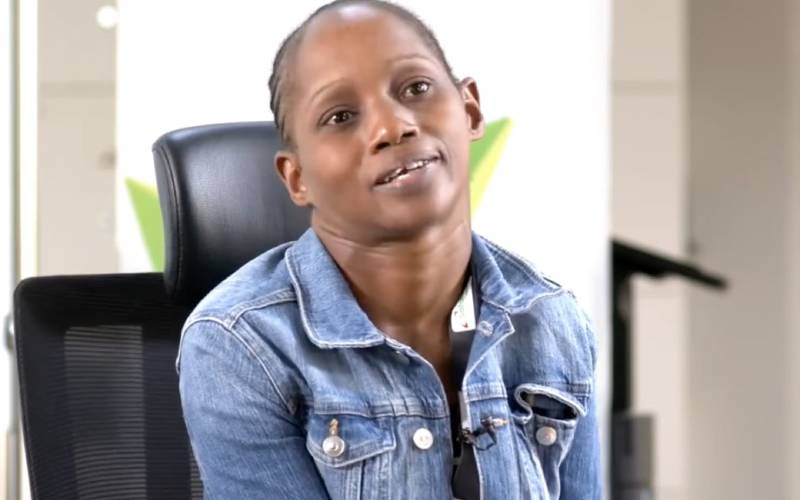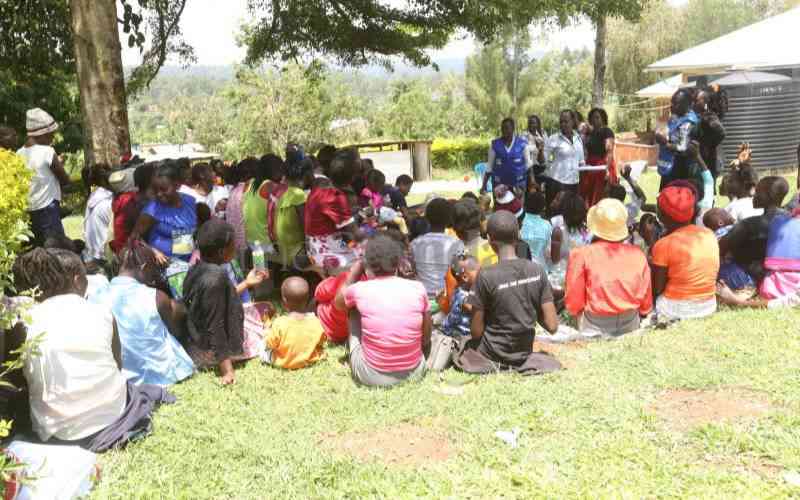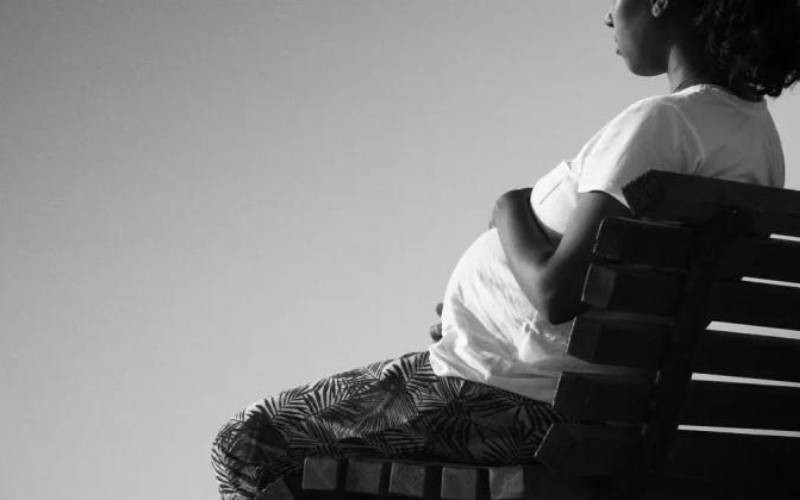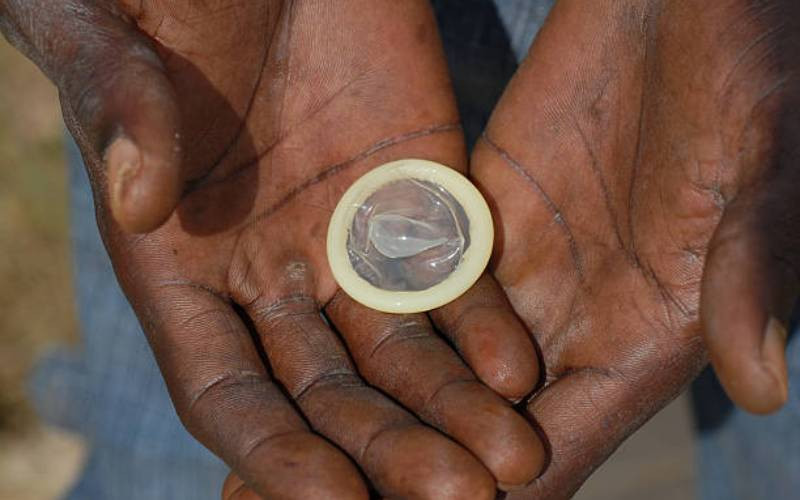
The decline in funding is a major hitch to access to sexual and reproductive health in Kenya and other African countries.
Reproductive health experts said lack of funds since the Covid-19 period, had forced countries into what they termed an emergency situation.
Bramwell Kamunddyariwa, the board chair of AIDS and Rights Alliance for Southern Africa (ARASA) challenged countries to find solutions to the dwindling donor funding.
"We must be innovative, and learn to do more with less. We must be accountable to funders, and the community we serve," said Mr Kamudyariwa.
The expert spoke during the ongoing regional health summit in Johannesburg, South Africa.
Kenya is among countries staring at a crisis as donors gradually pull out of health support that has sustained the country for years.
Having moved from low to middle-income, Kenya is expected to be self-reliant in its health programmes by 2027. It emerged that amid the funding cuts, Kenya is faced with a shortage of free condoms, among other family planning devices.
Dr Ruth Masha, the CEO Chief Executive Officer of the National Syndemic Diseases Control Council said the country has been hit by the shortage of free condoms.
- Why urinary tract infections are more common in women
- Still births remain high despite health reforms
- Kenya should consider withdrawing from Geneva Consensus Declaration that restricts abortion
- Health survey points to disconnect with economic thinking of the day
Keep Reading
"Free condoms are fewer than before," Dr Masha told The Standard in an interview. However, she said commercial condoms are available in private stockists, in the country.
She said: "Free-to-user condoms have had a great impact in reducing new HIV infections, Sexually Transmitted Infections (STIs) and pregnancy, hence the need for 100 per cent condom policy," she said. Masha added: "However, with limited resources, we need to increase the agency of those who can buy to prioritise condoms as an effective tool for triple prevention."
The socio-economic status of some countries in the Southern and East Africa (SEA) region has been on the decline in recent years.
Poverty, violence, human rights, and social, cultural, and religious norms have been listed as systemic and structural barriers to universal access to SRHR. Climate change is also a major hindrance to access to sexual reproductive healthcare.
"Due to the proliferation of extreme weather events, there has been a rise in food insecurity, migration, and natural disasters," noted the forum.
Boemo Sekgoma, the Secretary-General of, SADC Parliamentary Forum on her part pleaded with states to conduct continuous health campaigns in support of sexual reproductive health.
"Legislatures should look into laws that ensure access to quality reproductive and sexual health, and which protect individuals rights. We are witnessing the passage of laws without much involvement," she said.
 The Standard Group Plc is a multi-media organization with investments in media platforms spanning newspaper print
operations, television, radio broadcasting, digital and online services. The Standard Group is recognized as a
leading multi-media house in Kenya with a key influence in matters of national and international interest.
The Standard Group Plc is a multi-media organization with investments in media platforms spanning newspaper print
operations, television, radio broadcasting, digital and online services. The Standard Group is recognized as a
leading multi-media house in Kenya with a key influence in matters of national and international interest.

